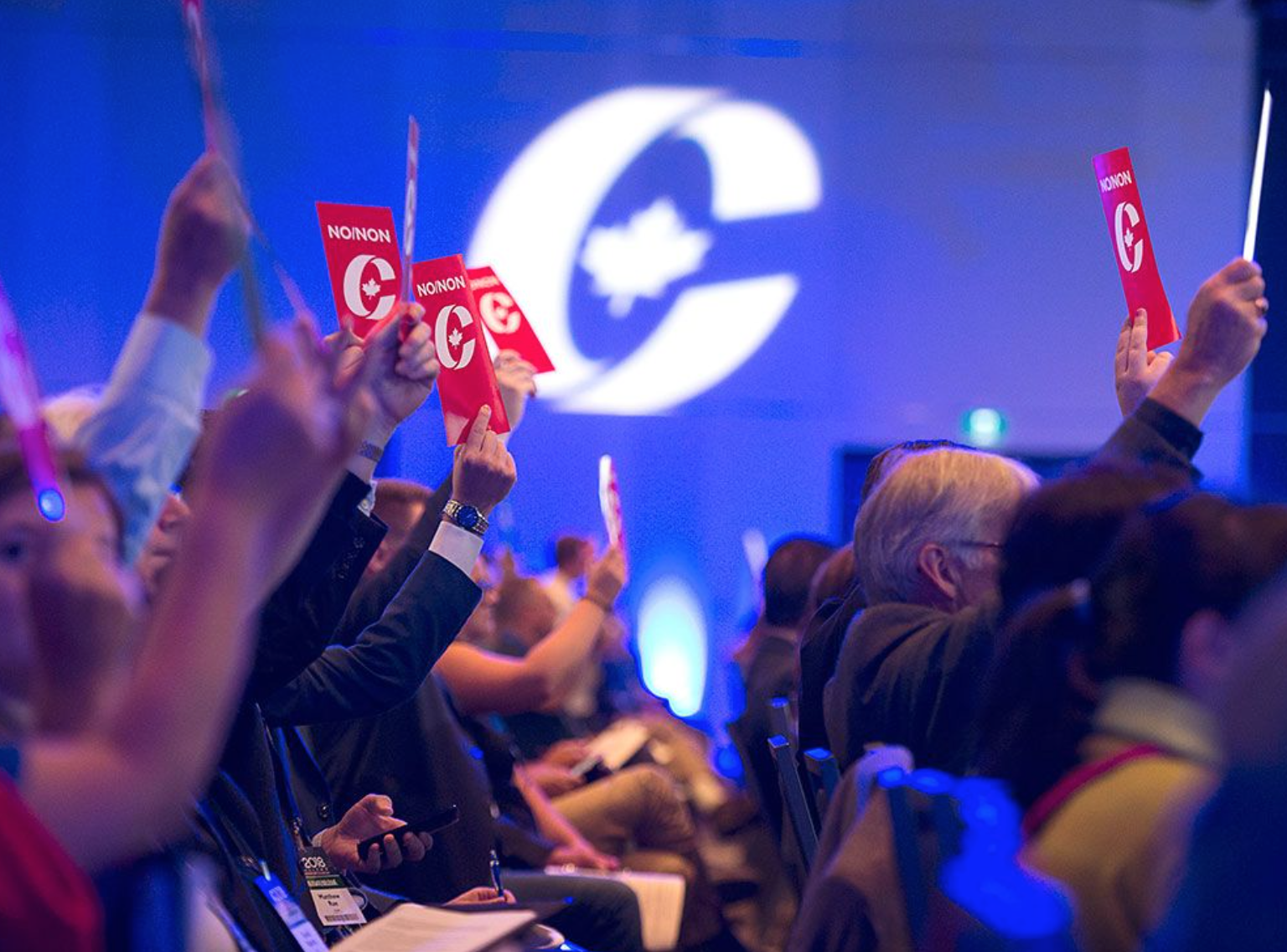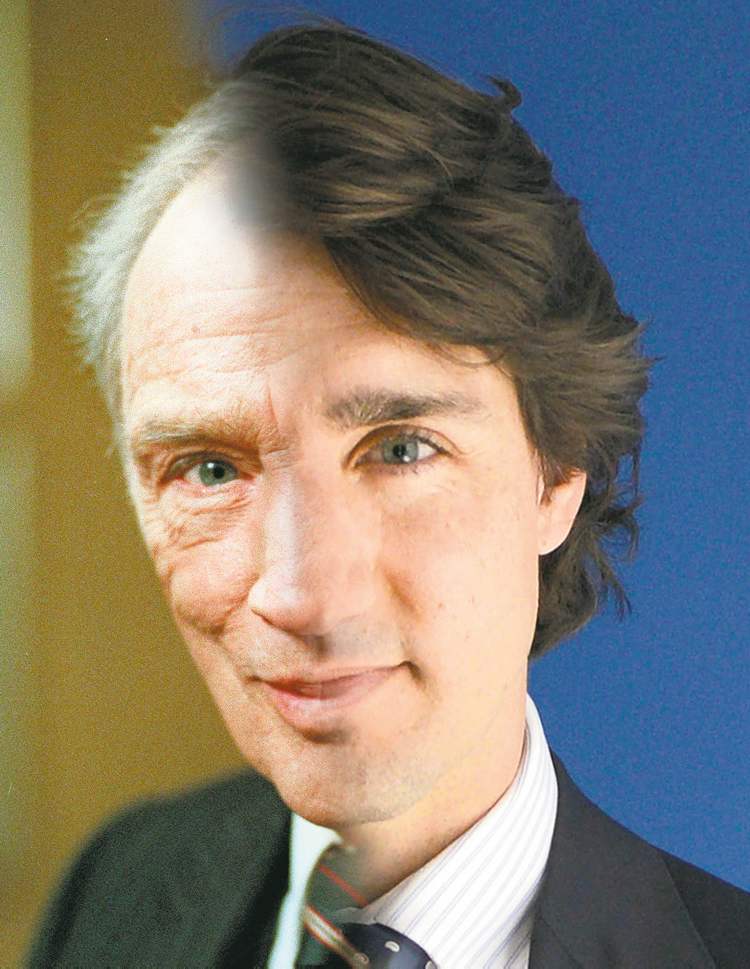I'm not sure that any of us could possibly have expected to hear when it was reported by the Hill Times this week that Andrew Scheer had managed to rack up some $925,000 in expenses charged to the Conservative Party's donors (and by extension, taxpayers who refund 75 percent of those donations in the form of tax credits). Apparently Scheer had been allocated $200,000 for the first ten months of the year, apparently both to offset the costs of his children's private school tuition, as well as to engage in pre-writ tour activities in advance of the election, but nobody can figure out how he managed to spend nearly five times the allotment, never mind the fact that the Conservative Fund won't give a detailed breakdown of what those expenses were to the party's National Council. You can bet that there are governance issues in the party.
In the wake of the election defeat and Scheer's resignation when some of those expenses came to light (and I'm not sure any of us expected it to be quite that large), there was only one voice that I heard from the Conservative ranks that stated that perhaps the party's governance structure needs to be revisited, and that voice was Michelle Rempel Garner. Over a Twitter thread and a subsequent YouTube video, Rempel Garner suggested that sixteen years after the Conservative Party was formed, it may be time to revisit its governance structure given the questions that were raised. After all, any company or organization has to have some kind of checks and balances to ensure that they achieve their goals, such as a board of directors that oversees management, whether that goal is profitability for shareholders, or for the Conservative Party, the ability to win elections and form government.
Rempel Garner laid out the current party structure as having three branches the leader, who is elected by the party membership; the National Council, representatives to which are elected by delegates at the party's conventions, with its 20 seats allocated on a provincial basis; and the Conservative Fund, whose members are appointed by the leader (though it does seem like Stephen Harper appointed himself to the Fund when he stepped down as party leader in 2015). Apparently when the party was created, Harper himself felt the Fund needed to be separate from the other branches of the party, as the predecessor parties of the modern Conservative Party had racked up a great deal of debt, and he wanted to avoid future instances of doing just that.
"National Council, in my opinion, doesn't have as broad of a mandate as it probably should have with regard to the role of the people that are on there," Rempel Garner said on her video, citing that for the most part, National Council deals with the overall management of the 338 riding associations across the country, but has no oversight over any of the donations raised, which is the responsibility of the Fund. But when there is a question with the leader's expenses ($925,000! How? HOW?!), there are questions how that got approved, and National Council has no meaningful oversight, which as it turns out is a bit of a problem.
As an idea for discussion, Rempel Garner proposed that the Fund and National Council both be abolished and replaced with a new governing council, proposing that the leader could appoint a slim majority of its members, the rest elected by the grassroots membership as National Council currently is. She also suggested that everyone on that council be required to have board or governance training (citing the example that the United Conservative Party in Alberta has a similar requirement), as they will need to be able to understand finances, ethical decision-making, and how to properly report back to the grassroots membership, who theoretically are supposed to be whom everyone in the party is responsible to. Part of that could be ensuring that there are subcommittees of the council, such as a finance committee, that have reporting requirements. She also proposed that the chair of that governing council be elected by the members of the council, but ensuring that there is an ability for the party leader to have a veto.
In the video, Rempel Garner is a bit too generous with the role and powers of the leader, that he or she needs some flexibility within the operating structure to achieve their goals of winning elections. I am dubious, precisely because in our rush to Americanize our leadership selection system (apparently LARPing primaries is cool!), we only managed to centralize all authority within the power of the party leader, which inevitably undercuts the role of the grassroots membership, as well as the elected MPs. If you ask me, there should be a tension between the party president (or whatever the equivalent is in the structure, such as the chair of the national council) and the party leader, because it keeps the leader from dominating the whole of the party structure. If you look at what the Liberals did after Justin Trudeau became leader, they undercut all of the accountability mechanisms in the party, hollowing it out to essentially become a means of polling support for the leader's office.
Rempel did make one final point that we should all be talking about, whether it's in the media or anyone looking at the governance of the Conservatives, or any other party.
"This leadership contest can't just be about who can beat Justin Trudeau it should also be about who has a vision for the management and governance of the party," said Rempel Garner. "If you don't have that structure right, then you don't have a hope. I'm not saying that all is terrible in the party right now, but I hope we can do better."
And she's right, but I will add that we all need to ensure that it can't be a structure where everything flows from the leader down, as every party does now. Politics is supposed to be a bottom-up system, going from grassroots to caucus, to the leader (who should be chosen by caucus and accountable to them, as you've heard me explain countless times), and it needs to be substantive and not just window dressing. Every party needs to be alive to this.
Photo Credit: CBC News








